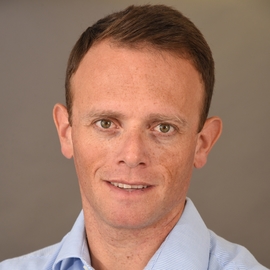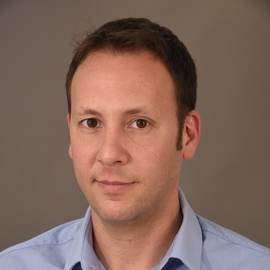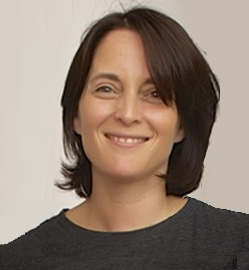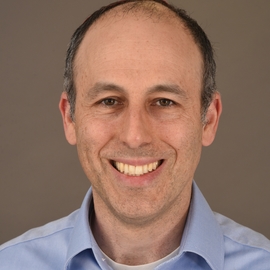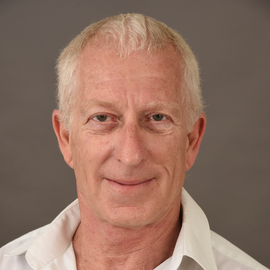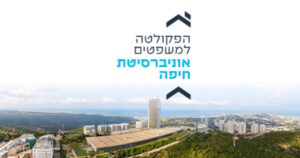
The Center for Law and Technology
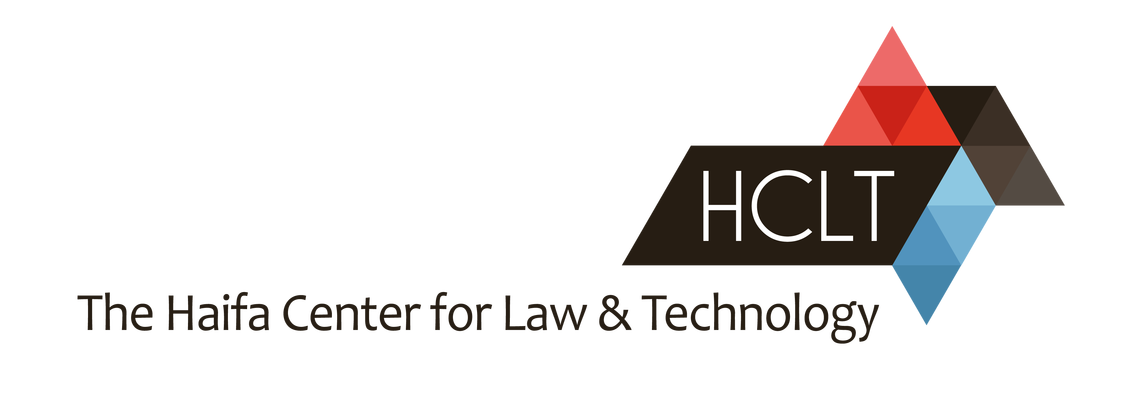
{tab About}
The Haifa Center for Law and Technology (HCLT) is a renowned interdisciplinary research institute. It is the first center in Israel dedicated to the study of the interconnection between law and technology.
HCLT is based at the Faculty of Law, University of Haifa on the northern coast of Israel. The main goal of the center is to promote research activities in the fields of Law and Technology and Intellectual Property. HCLT further seeks to promote dialogue between academics, innovators, policymakers and businesses, in order to establish the scientific foundation for legislation to address new technologies.
The center conducts workshops and conferences, and promotes research activities by faculty and students, judges, lawyers, jurists, decision makers and the general public. With five full time faculty members, three full time faculty fellows, international visiting professors and a group of adjunct faculty, HCLT offers a wide range of courses and seminars in Intellectual Property, Cyberlaw, Law and Innovation, Online Dispute Resolution (ODR), Cybersecurity Law, Big Data, and Information Law at graduate and post graduate level. Graduate programs include a unique LL.M. program in Law and Technology.
The Center has established a world-wide reputation in its field and enjoys a wide network of international collaborators. It is part of the Global Network of Centers for Internet and Society (NoC) initiative: a collaborative initiative among academic institutions with a focus on interdisciplinary research on the development, social impact, policy implications, and legal issues concerning the Internet, hosted by the Berkman Klein Center for Internet & Society at Harvard University. It serves as one of the Israeli representatives (with CCLP at the University of Haifa) of the European Hub of the NoC. Domestically, HCLT benefits from collaboration with three major centers for the study of the information environment located at the University of Haifa: The Center for Cyber Law & Policy (CCLP), The Institute for Interdisciplinary Applications of Computer Science and the Center for Internet Research. In addition, HCLT facilitates Creative Commons Israel.
Faculty
Research Fellows
{tab Research/Study }
Encouraging Innovation in Cyber Security.
A Partial List of Research Projects:
{tab Activity}
{module [593]}
{/tabs}

